High School (Grades 9th-12th)
Louisville Classical Academy is terrifically excited to announce that it is now enrolling 10th grade students for the 2026-2027 school year as it continues to expand its high school. The high school will add one grade at a time with the 10th in the 2026-27, 11th in the 2027-28th, and 12th in the 2028-29.
Outstanding academics are the heart of LCA’s program, and our high school fulfills this mission. Students engage in rigorous courses of study: reading and discussing some of the greatest works of history, philosophy, and literature in small seminar-style classes; progressing further through the advanced science and mathematics curricula; and practicing Latin language, physical education, and the arts.
A core graduation requirement is a senior thesis, a long-form academic paper on a subject of the student’s choosing, defended publicly before a committee of faculty members.
Humanities
The Humanities class is a combined history and literature curriculum that surveys different time periods (in 9th grade - The United States, in 10th - Medieval and Renaissance Europe, in 11th - Enlightenment and Industrial Europe, and in 12th - Ancient Greece) through a selection of their greatest writings. It meets for two hours daily. The first hour and a half of each class is a seminar: a discussion led by the students themselves where they closely read, analyze, and converse about these sublime books. The seminar is followed by a thirty minute lecture to provide greater historical context about different topics contemporary to the book under discussion.
The seminar requires students to lead a serious conversation about books with minimal assistance from the teacher. It fully reflects LCA’s mission of creating students who are highly skilled at self-education by granting them the responsibility of proving to themselves, their peers, and the teacher that they are capable of guiding their own exploration of a book. In order to achieve this goal, the teacher scaffolds the discussion using opening questions, then leads the students in a serious discussion of the topic, with the students speaking for the majority of the time without the interference of the teacher.
MATHEMATICS
Mathematics is taught in small group settings (4-12 students) sorted by level instead of grade. These small classes are crucial to maintaining a strong pace and to completing significant independent work.
Mathematics is a crucial discipline for developing outstanding students, so LCA is committed to preparing all students for novel and challenging mathematics. One way that the school delivers in this approach is requiring all students to read Euclid’s Elements, the oldest surviving mathematics textbook in the world, which provides a complete introduction to axiomatic reasoning.
SCIENCE
Students follow a regular sequence of high school science, studying biology in 9th grade, chemistry in 10th grade, physics in 11th grade, and astronomy in 12th grade. In addition to the lectures, two-hour laboratories designed to replicate the scientific process form the bulk of the instruction.
LCA firmly holds that science is the study of nature, i.e. the ongoing discovery of the world as it really is. In order to guide the students into the immense amount of information that forms the modern scientific consensus, students read supplemental texts from key historical scientists (Aristotle, Galileo, Newton, Darwin, and Einstein) so that they learn not just the current state of the scientific consensus, but also some of the amazing historical paths by which this consensus was reached.
LATIN
Students continue to build on their knowledge of the language, discussing and composing essays in Latin. Like the Humanities courses, the courses revolve around closely reading great works. Unlike the Humanities courses, the class is conducted 90% in the Latin language and the readings are entirely in Latin.
Students entering in 9th grade without prior knowledge of Latin are enrolled in introductory Latin classes with the goal of being able to conversationally read and speak the language by their senior year.
FINE ARTS
In high school, students choose an artistic discipline as their focus for the next four years, either in music or visual arts.
Students who choose music study a mix of choral and instrumental pieces, with the goal of producing a selection of pieces for biannual concerts. In addition they study music theory with an aim of proficiency in reading music and music fundamentals. Further, they study numerous pieces from music history including works of opera, symphonies, jazz, and folk.
Students who choose visual arts, practice the fundamentals of form and design with the goals of producing annual portfolios. They learn to mix colors, draw and shade figures, create matrices, or other essential skills of visual arts. In addition to the practical work, the students imitate or experiment with the form of selected famous works in order to increase their appreciation of the history of art.
